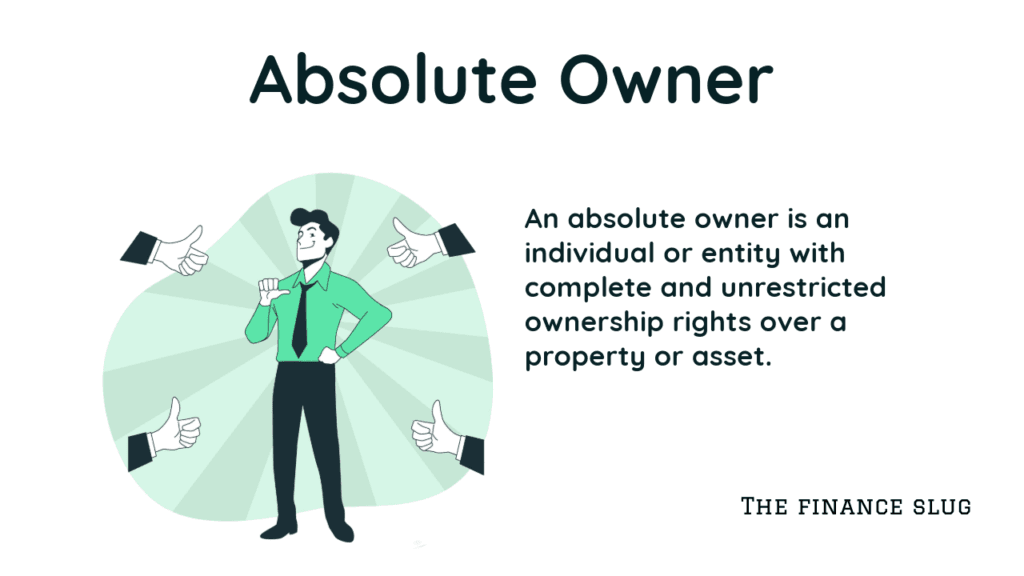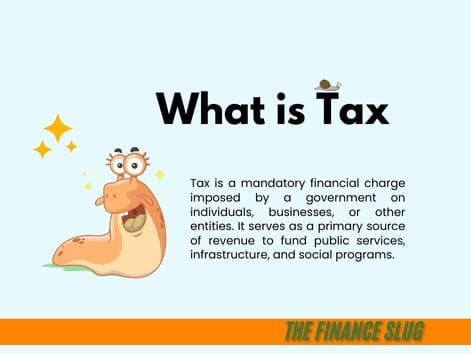
A credit card is like a financial friend you can rely on when you need to pay for something but don’t want to use cash right away. Issued by banks or financial institutions, it lets you borrow money to make purchases and pay it back later, typically in a monthly bill. If you pay off the full amount on time, you won’t have to pay extra charges like interest.
Credit cards are more than just a piece of plastic—they’re a powerful tool for managing your finances, earning rewards, and building your credit history. However, they can also be risky if not used wisely.
How Does a Credit Card Work?
Think of a credit card as a short-term loan. Whenever you use it to pay for something, the credit card company covers the cost for you. Later, they send you a bill summarizing all your expenses. You then have a set period (known as the grace period) to pay them back.
Each card has a credit limit, which is the maximum amount you can borrow. If you pay back the full amount during the grace period, you avoid paying interest. But if you only pay part of it, the remaining balance starts accruing interest, which can quickly add up.
Why Do People Use Credit Card?
Credit cards are popular because they make life easier. You can shop online, book tickets, or handle emergencies without carrying cash. Plus, many credit cards offer rewards like cashback, discounts, or points that you can redeem for travel, shopping, or other perks.
They’re also a great way to build your credit score. Regular and timely payments show lenders that you’re responsible, making it easier to get loans in the future.
Benefits of Credit Card
Credit cards offer a range of benefits that make them a valuable financial tool. Convenience is one of the top reasons people use credit cards. You don’t need to carry cash or worry about exact change; just swipe or tap your card, and you’re done.
Many cards come with rewards programs, allowing you to earn points, cashback, or miles for every purchase. Over time, these rewards can be redeemed for travel, shopping, or discounts on bills. Credit cards also offer enhanced security, protecting you against fraud and unauthorized transactions. If your card is lost or stolen, it can be quickly blocked and replaced.
For those who travel, credit cards are a blessing. They’re widely accepted worldwide, and many offer travel benefits such as airport lounge access, travel insurance, and discounts on airfare and hotels. They also serve as an emergency backup, providing access to funds when you need them the most.
Risks of Credit Cards
While credit cards are incredibly useful, they do come with risks. One of the most common pitfalls is falling into debt. It’s easy to spend more than you can afford when all it takes is a quick swipe.
If you don’t pay your full bill by the due date, you’ll start accruing interest on the remaining balance. Credit card interest rates are typically high, which means your debt can grow quickly. Late payments can also lead to penalties and hurt your credit score.
Additionally, credit cards often come with fees for late payments, exceeding your credit limit, or withdrawing cash. To avoid these risks, it’s important to understand your card’s terms and use it responsibly.
How to Use a Credit Card Wisely
Using a credit card effectively can help you unlock its benefits while avoiding financial pitfalls. Start by ensuring you pay your bill on time each month to avoid late fees and interest charges. Aim to pay the full statement amount, not just the minimum, to prevent debt from accumulating. Be mindful of your credit limit and keep your utilization low—ideally below 30%—to maintain a good credit score.
Take advantage of rewards like cashback, points, or travel miles by using your card for everyday expenses and redeeming rewards strategically. However, avoid unnecessary fees such as late charges, over-limit fees, or cash withdrawal fees, which can add up quickly. For large purchases, consider using EMI (Equated Monthly Installment) plans to manage payments without overburdening your budget.
Monitor your spending regularly through your card issuer’s app or portal to ensure it aligns with your budget and to detect any unauthorized transactions promptly. Reviewing your monthly statements is essential to catch errors or fraud early. Lastly, use introductory offers wisely but stay informed about terms after the promotional period ends.
When managed responsibly, a credit card can enhance your financial flexibility, improve your credit score, and provide added convenience and security. Remember, discipline and awareness are the keys to making your credit card work for you.
Frequently Asked Questions (FAQs) About Credit Cards
What is a credit card used for?
A credit card is used to make purchases, pay bills, or handle emergencies when you don’t want to or can’t pay with cash. It also offers benefits like rewards, cashback, and the ability to build your credit score.
How is a credit card different from a debit card?
A debit card deducts money directly from your bank account when you make a purchase. A credit card, on the other hand, lets you borrow money from the card issuer, which you pay back later.
What is a credit limit?
A credit limit is the maximum amount of money you can borrow on your credit card. It is determined by the issuer based on factors like your income and credit score.
Do I need to pay interest on my credit card?
You only pay interest if you don’t pay the full bill by the due date. If you pay the entire balance during the grace period, no interest is charged.
Can I use my credit card internationally?
Yes, most credit cards are accepted worldwide. However, some issuers may charge foreign transaction fees for purchases made in other countries.
What happens if I miss a credit card payment?
Missing a payment can result in late fees, interest charges, and a negative impact on your credit score. Always pay at least the minimum amount due to avoid these consequences.
Is there a fee to own a credit card?
Some credit cards charge an annual fee, while others are free to use. Premium cards with extra benefits, like travel rewards or higher cashback, often come with an annual fee.
How can I improve my credit score using a credit card?
To improve your credit score, pay your bills on time, keep your credit utilization low (below 30%), and avoid taking on too much debt. Regular, responsible usage of a credit card helps build a good credit history.
Can I withdraw cash with a credit card?
Yes, you can withdraw cash using a credit card, but this is called a cash advance and often comes with high fees and immediate interest charges. It’s best to avoid unless absolutely necessary.
How do I choose the best credit card?
Look for a card that matches your spending habits and needs. For example, if you travel frequently, choose a card with travel rewards. If you shop online, a cashback card might be better. Compare interest rates, fees, and benefits before applying.
Conclusion
A credit card is more than just a payment tool—it’s a gateway to financial convenience, rewards, and opportunities. When used responsibly, it can improve your purchasing power, build your credit history, and provide a safety net in emergencies.
However, discipline is crucial to avoid overspending or falling into debt. Before applying for a credit card, research different types, understand the terms, and select the one that aligns with your financial needs. A well-managed credit card can be an asset, empowering you to achieve your financial goals while enhancing your overall financial health.


Pingback: AAA Credit Rating: What They Are, Benefits, and Importance